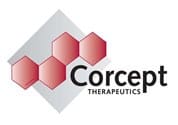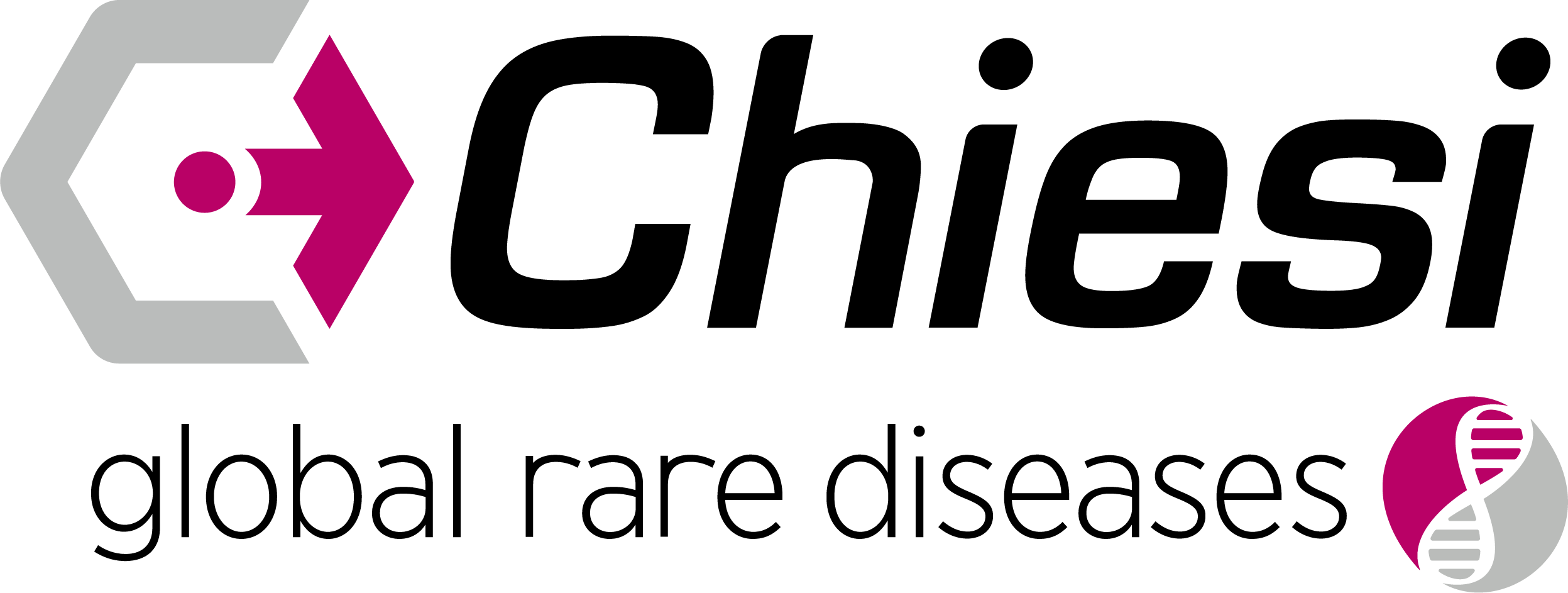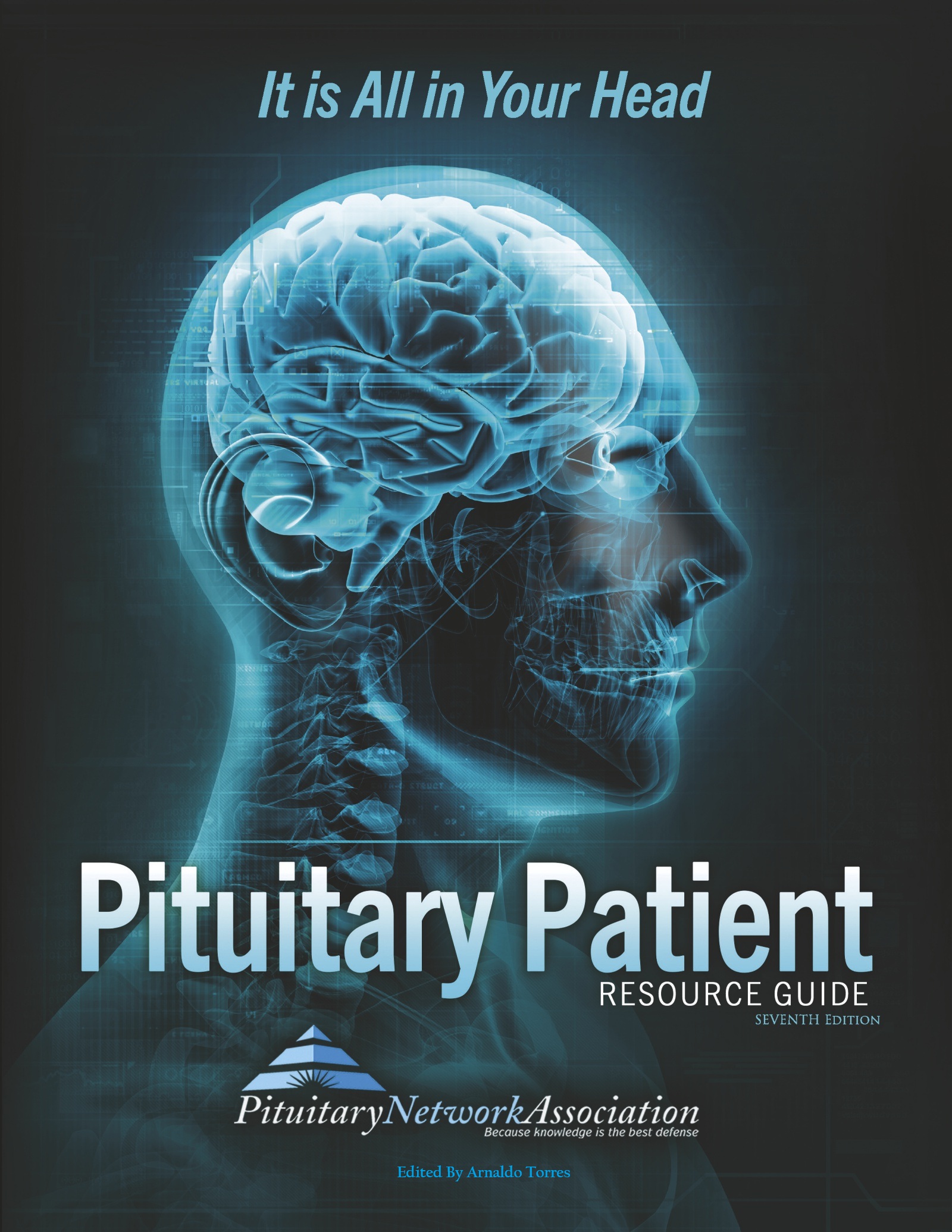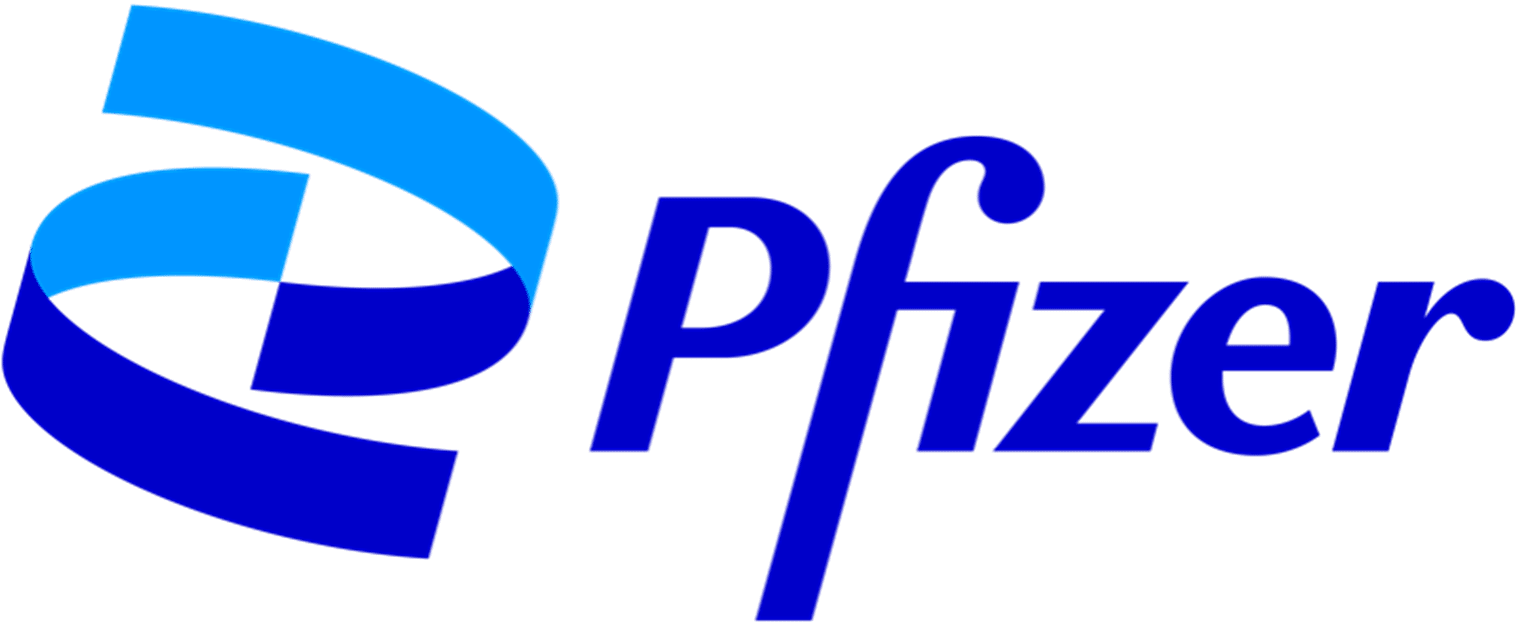News Articles February 2022
Written on 04 February 2022.
Endoscopic Pituitary Surgery: Does it Make a Difference
Dr. Schwartz is a Professor of Neurosurgery, Otolaryngology, Neurology and Neuroscience at Weill Cornell Medical College, New York Presbyterian Hospital, and the Director of Epilepsy and Pituitary Surgery, Director of the Institute for Minimally Invasive Skull Base and Pituitary Surgery Program and the Co-Director of Surgical Neuro-Oncology. He is also the director of a research laboratory investigating novel techniques for imaging and treating epilepsy, which is funded by several private organizations as well as the National Institutes of Health, where he also serves on several grant review committees.
Dr. Theodore H. Schwartz has provided commentary for numerous television shows on ABC, NBC and CBS as well as appeared on Larry King on several occasions in addition to national radio shows. His expertise has been sought through interviews, quoted and published, in the Wall Street Journal, The New York Post, The New York Daily News, Crain’s New York Business and he has been asked to lecture throughout the country and world. His work has been published in numerous peer reviewed basic science and clinical journals such as the Journal of Neurosurgery, Neurosurgery, Epilepsia, the Journal of Neuro-Oncology, Nature Medicine, NeuroImage, the Journal of Neuroscience the Journal of Neurophysiology and the Journal of Cerebral blood Flow and Metabolism. He is on the editorial board of “World Neurosurgery”, “Epilepsy Research and Treatment” and “Epilepsy Currents”. He has been named one of New York’s Superdoctors, New York Magazine’s Best Doctors and America’s Best Surgeons for several years. He has co-authored two textbooks entitled “Practical Endoscopic Skull Base Surgery” and “Endoscopic Pituitary Surgery” and lectures and teaches both Nationally and Internationally including recent lectures in China, Brazil, Singapore, India, Canada, Mexico and Austria.
- Theodore H. Schwartz, MD
Professor of Neurosurgery, Neurology and Otolaryngology
Director, Pituitary and Epilepsy Surgery
Co-Director, Surgical Neuro-Oncology Brain & Spine Center
Director, Epilepsy Research Laboratory Brain & Mind Research Institute
Weill Cornell Medical College, New York Presbyterian Hospital
Description
Dr. Theodore H. Schwartz received his undergraduate and medical degrees from Harvard University where he graduated Magna Cum Laude. After completing his residency and chief residency in Neurosurgery at The Neurological Institute of New York at Columbia-Presbyterian Medical Center, Dr. Schwartz completed advanced fellowship training at Yale-New Haven Medical Center in the surgical treatment of brain tumors and epilepsy. Dr. Schwartz specializes in image-guided minimally invasive surgery such as endoscopy, stereotaxis, microsurgery and intraoperative brain mapping. He has received numerous awards and fellowships including the prestigious van Wagenen Fellowship, awarded by the American Association of Neurological Surgeons and the von Humboldt Fellowship, awarded by the German Government.
Dr. Schwartz is a Professor of Neurosurgery, Otolaryngology, Neurology and Neuroscience at Weill Cornell Medical College, New York Presbyterian Hospital, and the Director of Epilepsy and Pituitary Surgery, Director of the Institute for Minimally Invasive Skull Base and Pituitary Surgery Program and the Co-Director of Surgical Neuro-Oncology. He is also the director of a research laboratory investigating novel techniques for imaging and treating epilepsy, which is funded by several private organizations as well as the National Institutes of Health, where he also serves on several grant review committees.
Dr. Theodore H. Schwartz has provided commentary for numerous television shows on ABC, NBC and CBS as well as appeared on Larry King on several occasions in addition to national radio shows. His expertise has been sought through interviews, quoted and published, in the Wall Street Journal, The New York Post, The New York Daily News, Crain’s New York Business and he has been asked to lecture throughout the country and world. His work has been published in numerous peer reviewed basic science and clinical journals such as the Journal of Neurosurgery, Neurosurgery, Epilepsia, the Journal of Neuro-Oncology, Nature Medicine, NeuroImage, the Journal of Neuroscience the Journal of Neurophysiology and the Journal of Cerebral blood Flow and Metabolism. He is on the editorial board of “World Neurosurgery”, “Epilepsy Research and Treatment” and “Epilepsy Currents”. He has been named one of New York’s Superdoctors, New York Magazine’s Best Doctors and America’s Best Surgeons for several years. He has co-authored two textbooks entitled “Practical Endoscopic Skull Base Surgery” and “Endoscopic Pituitary Surgery” and lectures and teaches both Nationally and Internationally including recent lectures in China, Brazil, Singapore, India, Canada, Mexico and Austria.
Endoscopic Endonasal Pituitary Surgery
Dr. Kelly graduated from Claremont McKenna College in 1982 and from Georgetown University School of Medicine in 1986. He completed neurosurgical training in 1993 at George Washington University Medical Center and then joined the UCLA Division of Neurosurgery. In 1998 he became director of the UCLA Pituitary Tumor and Neuroendocrine Program. He was Professor of Neurosurgery and Vice-Chief of the UCLA Division of Neurosurgery until 2007 when he joined John Wayne Cancer Institute and Saint John’s Health Center.
Dr. Kelly currently focuses his efforts on innovative treatments for patients with brain, pituitary and skull base tumors, providing fellowship training in minimally invasive neurosurgery, conducting clinical and translational research and providing patient education and community outreach.
- Daniel F. Kelly, MD
Director, Brain Tumor Center & Pituitary Disorders Program
Description
Dr. Kelly is a board-certified neurosurgeon and Director of the Brain Tumor Center & Pituitary Disorders Program at Saint John’s Health Center in Santa Monica, California. He is internationally recognized for his contributions in the field of minimally invasive surgery for brain, pituitary and skull base tumors. His research interests include refinements in endoscopic pituitary surgery and keyhole brain tumor removal, quality of life studies, post-operative and post-traumatic pituitary hormonal recovery, and brain tumor biomarkers. He has authored over 80 peer-reviewed publications and 20 book chapters. He is a member of the American Association of Neurological Surgeons, Congress of Neurological Surgeons and Pituitary Society. He is on the editorial boards of the journals Neurosurgery and World Neurosurgery. He is active in fostering neurosurgical training in developing countries and is Vice Chair of the Foundation for International Education in Neurological Surgery (FIENS).
Dr. Kelly graduated from Claremont McKenna College in 1982 and from Georgetown University School of Medicine in 1986. He completed neurosurgical training in 1993 at George Washington University Medical Center and then joined the UCLA Division of Neurosurgery. In 1998 he became director of the UCLA Pituitary Tumor and Neuroendocrine Program. He was Professor of Neurosurgery and Vice-Chief of the UCLA Division of Neurosurgery until 2007 when he joined John Wayne Cancer Institute and Saint John’s Health Center.
Dr. Kelly currently focuses his efforts on innovative treatments for patients with brain, pituitary and skull base tumors, providing fellowship training in minimally invasive neurosurgery, conducting clinical and translational research and providing patient education and community outreach.
What to expect before, during and after pituitary surgery
- Andrew S. Little, MD
Co-Director, Barrow Skull Base Program
Member, Barrow Pituitary Center
Director, Inpatient Neurological Services
Assistant Professor, Division of Neurological Surgery
Barrow Neurological Institute
Description
Dr. Little will be discussing what patients should expect before, during, and after surgery for pituitary tumors. Transsphenoidal surgery is the most commonly performed operation for pituitary tumors. Patients often have questions about how the procedure will be performed and what the recovery is like. Dr. LIttle will review what type of preparation is required, including laboratory testing and imaging studies. He will also discuss different surgical techniques and give you a glimpse into what it is like in the operating room. Finally, he will end by talking about the different stages of recovering from surgery ad answer the questions most commonly asked by patients.
Available Now!
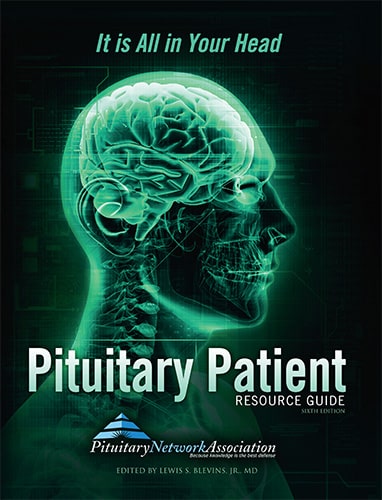
The Pituitary Patient Resource Guide Sixth Edition is now available! Be one of the first to have the most up-to-date information. The Pituitary Patient Resource Guide a one of a kind publication intended as an invaluable source of information not only for patients but also their families, physicians, and all health care providers. It contains information on symptoms, proper testing, how to get a diagnosis, and the treatment options that are available. It also includes Pituitary Network Association's patient resource listings for expert medical care.

Xeris Pharmaceuticals is valued member of the PNA



